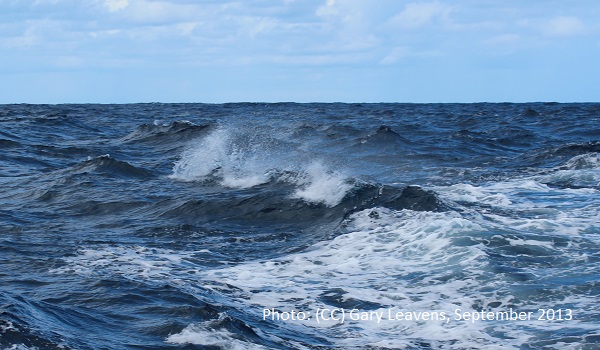Seven days of consecutive rescue operations off Spain’s Canary Islands have saved at least 1,400 people is distress at sea since 8 October. Spanish authorities have arrested 16 people charged with smuggling asylum seekers from the Canaries to the Spanish mainland. The chartering of “emergency” ferries to return Algerians in August is alleged to have given rise to breaches on non-refoulement.
Multiple daily rescues have saved a minimum of 1380 lives in the Atlantic between 8 and 14 October. At least three rescues took place on 8 October, with boats carrying 37, 69 and 24 people brought to shore. The latter rescue of 24 people was marked by tragedy as those onboard reported ten lives lost during the crossing – the bodies had to be thrown overboard. Eight of the survivors were hospitalised, some of whom had to be evacuated via helicopter. The next day Spanish civil rescuers Salvamento Marítimo saved 49 people south of Fuerteventura. On 10 October, groups of 40, 54 and 37 people were rescued. Spanish rescue personnel then saved 121 people from two different boats on 11 October, of whom all were of sub-Saharan African origin. All 121 were disembarked at Puerto del Rosario on Fuerteventura. The following day, a further 91 people were found in distress on two boats roughly 140km south of Gran Canaria. Spanish officials also rescued “about 70” people in two inflatable boats off Fuerteventura, according to La Provincia.
At least five boats were rescued on 13 October, saving the lives of 187 people. It was first reported that 55 people were rescued at dawn: later in the morning, EFE said 73 people were disembarked in Arrecife, without clarifying if these were separate incidents. At midday, NGO Heroes del Mar reported that a boat with 52 people was missing after setting out from Morocco at 5am two days earlier. Later on 13 October, a boat with the same number of people was rescued and brought to Arrecife, though it was not confirmed to be the lost group. 57 more people were disembarked in Arrecife after rescue, two boats with 68 occupants arrived on Gran Canaria, and another was rescued with 67 people onboard. The next day, a boat with more than 194 people was rescued: this is thought to be the largest number to arrive on the islands in a single boat in a decade. Also on 14 October, a boat of 103 was disembarked on Lanzarote, and 60 people were brought to shore near El Hierro. A pregnant woman on one of the boats gave birth to twins, one of which tragically died before they could be evacuated to hospital. Two further dinghies carrying 25 people each reached Lanzarote by their own means.
Spanish officials have announced that they have dismantled a criminal network that was smuggling asylum seekers from the Canaries to the Spanish mainland. The operation provided 113 people with fraudulent documents which they then used to travel to mainland Europe. Ten addresses were raided by police, leading to the arrest of 16 Senegalese nationals. According to EFE and Tenerife Weekly, the group made 200,000 euro through the operation.
Spanish media has revealed that the Ministry of Interior spent 300,000 euro on chartering ferries to return people to Algeria during August. The operations were carried out under emergency procedures that are reserved for cases in which the state “has to act immediately in response to serious dangers or national security threats”. Critics say this procedure was used to circumvent safeguards and pandemic-related restrictions on removals. Emergency returns risk refoulement, or the return of people who face persecution or human rights violations elsewhere. Al Jazeera reported that an Algerian whistleblower who fled persecution for exposing corruption was amongst those deported: he was then imprisoned upon return to Morocco. The whistleblower, Mohamed Abdellah, had been denied asylum in Spain. Spain has justified expedited deportations on the basis of high numbers of arrivals and difficulties securing paperwork for the usual return procedure. The number of Algerians arriving has increased to comprise 64% of those arriving irregularly in Spain since the start of the year. The rising numbers are however likely linked to the difficult socioeconomic conditions in Algeria or the repression experienced by those who criticise the governing regime, factors which are increasingly forcing people to leave the country.
For further information:
- ECRE, Atlantic Route and Spain: Deadly Shipwrecks off the Canaries, People Missing in the Western Med as Critics Allege Spanish-Moroccan “Complicity” on Non-Rescue, Prevention of Entry in Melilla, October 2021
- ECRE, Atlantic Route: Fears About Poor Reception Conditions on Lanzarote, Almost 800 Lives Lost over Eight Months, Increased Arrivals Linked to Instability in Countries of Origin, October 2021
Photo: (CC) Gary Leavens, September 2013
This article appeared in the ECRE Weekly Bulletin. You can subscribe to the Weekly Bulletin here.

